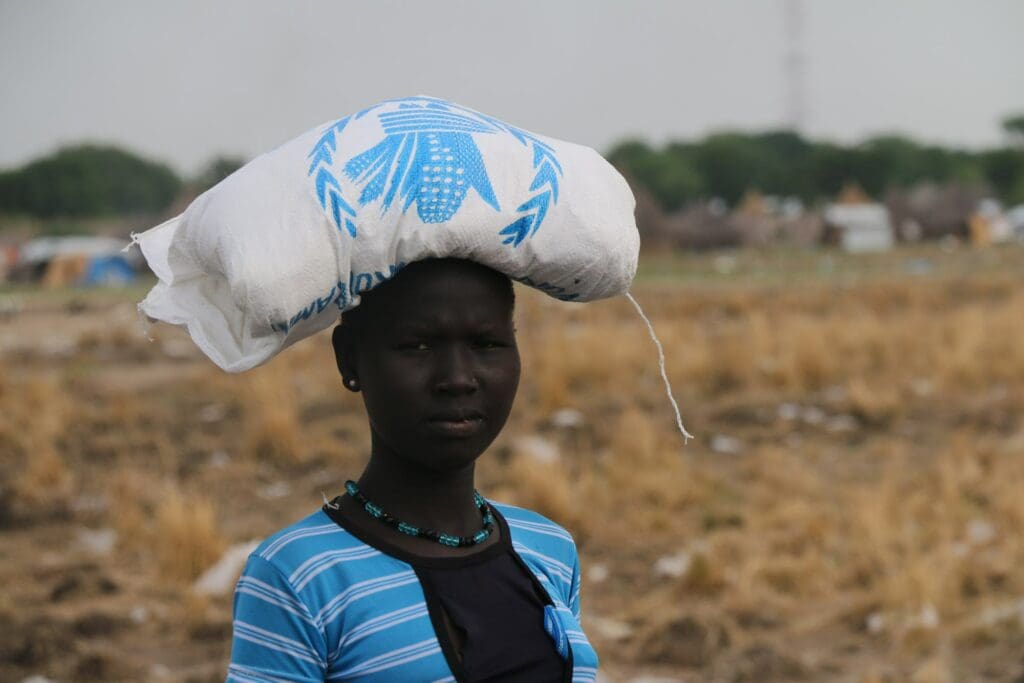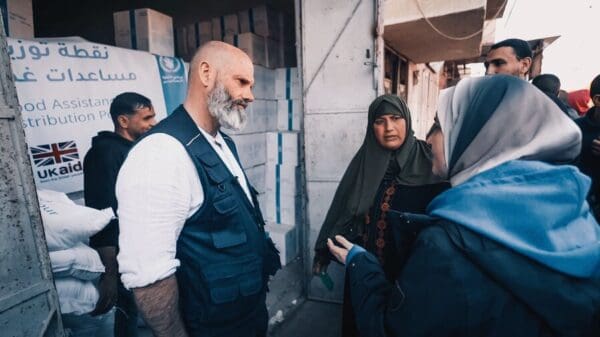
On the Brink of Famine: This Is What It Means for South Sudan
Conflict drives 80 percent of the world’s humanitarian needs — and the crisis in South Sudan is no different.
After pockets of famine were declared in South Sudan earlier this year, the United Nations World Food Programme (WFP) and its humanitarian partners launched a massive emergency response.
The good news: These efforts successfully eased famine conditions and, so far, have prevented famine from spreading. The bad news: Violence continues to disrupt South Sudan’s food systems and impede the aid community’s response. Millions of families have been displaced and still teeter on the brink of starvation.
Here are key facts in what is happening in South Sudan:
- The ongoing fighting has left South Sudan’s economy in tatters, leaving many people destitute and unable to afford food. This year’s hunger season — when food stocks run low between harvests — only exacerbated the crisis.
- Right now 6 million people in South Sudan are facing acute levels of hunger — that’s half of the country’s entire population and the largest number ever estimated by WFP.
- In July, WFP assisted a total of 2.9 million people – a record compared to previous hunger seasons, despite fighting in the country’s capital of Juba.
- WFP, UNICEF and NGO partners on the ground are deploying Rapid Response Teams to reach places too difficult or remote to reach by road, often because of violence. These joint teams fly in by helicopter to assess the gravity of the situation and the numbers of people in need, and then provide a package of assistance covering food, health and other basic requirements for a month.
- Preventing famine requires more than just food. Too often, malnourished children and adults die not from hunger but from disease or dehydration. Given recent cholera outbreaks in South Sudan, health, sanitation and clean water are also vital.
YOUR support helps WFP deliver life-saving food—and hope—to the most vulnerable victims of violence and hunger in South Sudan and around the world.
What is the latest on South Sudan?




